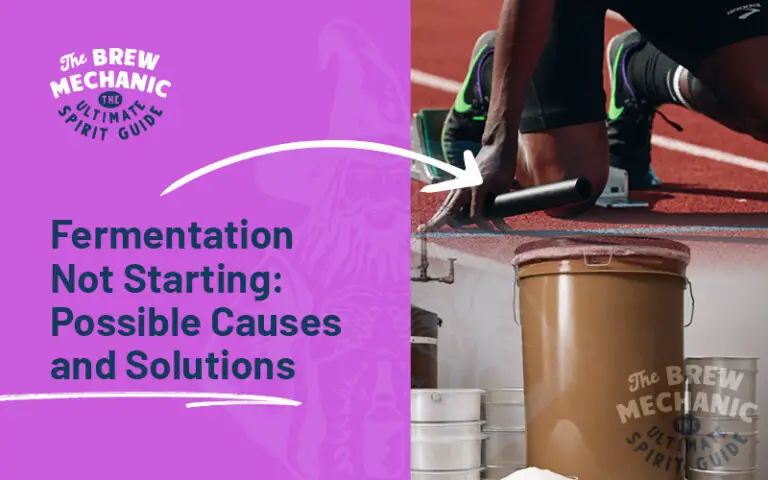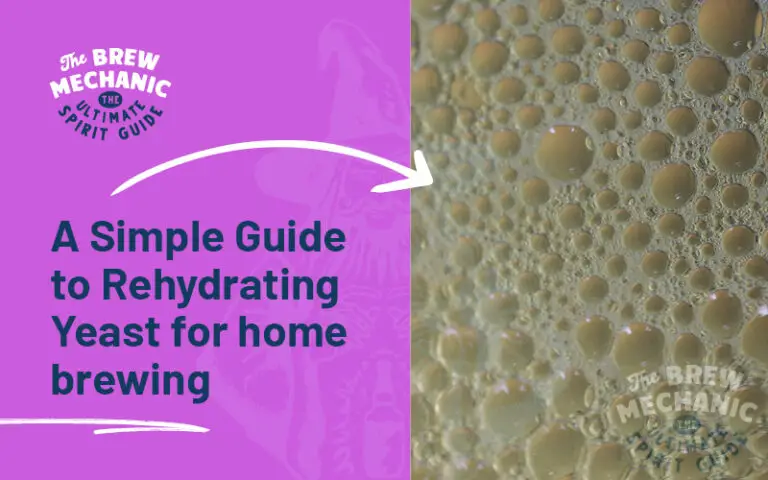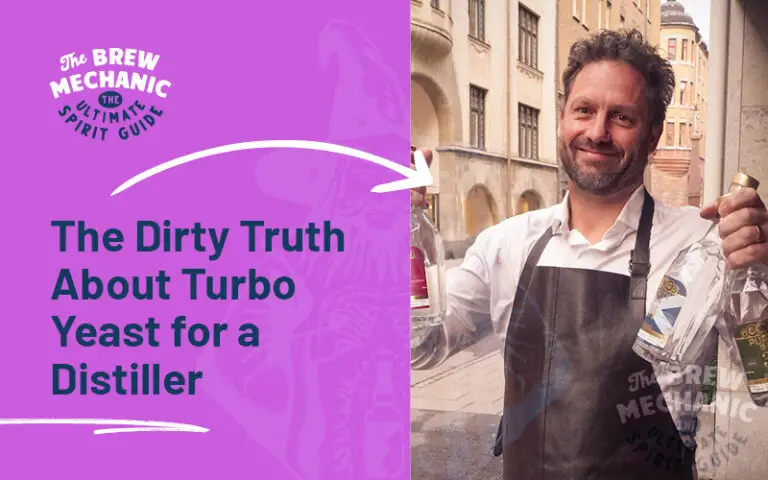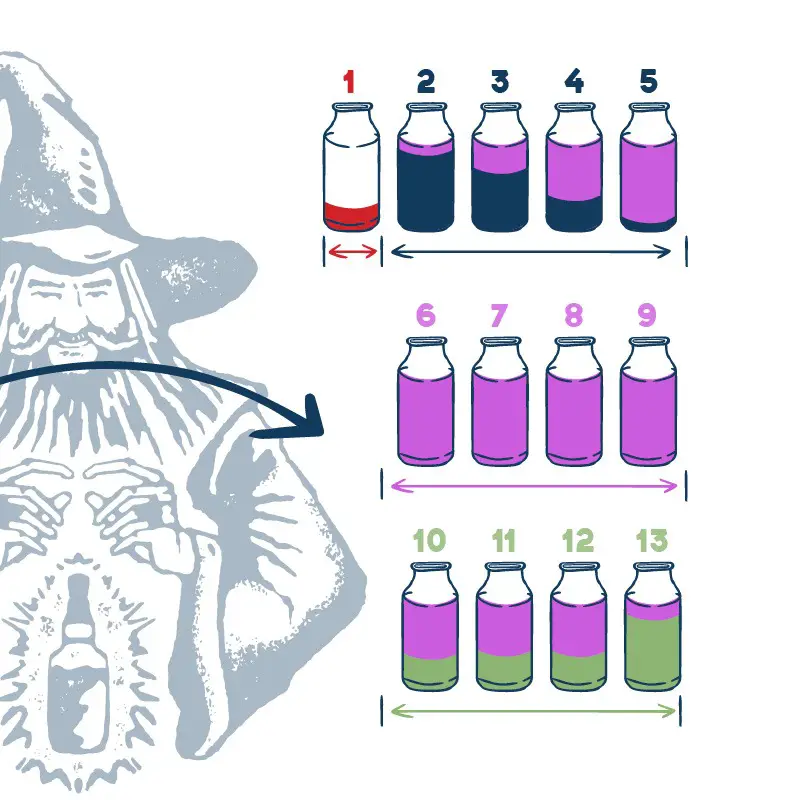why does my sugar wash smells like sulfur?

Disclaimer: This post might include affiliate links, through which I may earn a small commission without any extra cost to you. Additionally, I am an Amazon Associate and earn from eligible purchases. All the products and services I suggest are ones I have personally used or would use. Thank you very much for your support if you decide to buy through any of my links!
Come join the Distilling Squad!
Get the best fundamental tips & tricks here. Woohoo!
So How come your sugar wash smells like sulfur?
Oh no, that funky smell of eggs… So sugar wash smells like sulfur?! Well you should not get a rotten egg smell in a sugar wash batch when making spirits. If you do then you must be running the temperature too high and nutrients very high in sulfur content for the yeast. This causes the yeast to be stressed during the fermentation phase.
In saying that, this smell can be removed once you put it through the distiller and passed through an activated carbon filter, then it will come out odourless. Woohoo, problem solved.
During fermentation, yeast produces carbon dioxide (C02), Alcohol, sulfur compounds and other by products that have different smells. Normally you find the rotten egg smell in wines, and fermented mashes using fruit and grain.
Understanding the Sulfur Smell in distilling
Hydrogen Di Sulphide (H2S) has a rotten egg type of smell which can be smelt at low levels while fermenting but these are well below those levels that cause health defects. In industry, a leak of high concentration H2S can lead to death. But no need to worry about it in the DIY sense.
What causes for sulfur smell (rotten egg smell) in brewing
Rotten eggs smell (H2S) is a by product produced by the yeast when stressed during the fermentation process. This can be from the products used being high in sulfur content. Such as hops, grains and fruit. In addition to the sulfur content in the raw ingredients, the production of H2S can also be influenced by fermentation temperature, yeast health, and oxygen exposure.
At high temperatures, yeast can be more stressed and produce higher levels of H2S. Also, if the yeast is not healthy or if there is insufficient oxygen during fermentation, it can lead to the production of rotten egg smells. This is no beuno!
Let’s solve the sulfur smell in fermentation
First of all, you should not get a sulfur smell in your sugar wash home brew. Find it mainly in the brewing of beer, whisky and wine.
BUT what does help when your sugar wash is smelling like sulfur is hard racking your fermented product by introducing oxygen before adding the coagulant. This can help remove the sulfur coming from a fermented product.
This process is called racking, which involves transferring the liquid from one container to another, leaving behind any sediment or unwanted substances. By doing so, the fermented product gets exposed to oxygen, which can help oxidize and eliminate the sulfur compounds responsible for the unpleasant smell.
Hope this helps you to find solutions when a sugar wash smells like sulfur… By following the temperature guidelines for you won’t get your sugar wash smelling like rotten eggs. Wohoo!
Last Updated on Nov 15, 2023 by The Brew Mechanic
Disclosure: I may receive affiliate compensation for some of the links below at no cost to you if you decide to purchase a product or service. You can read our affiliate disclosure in our privacy policy. The information provided is for entertainment only.

With 35 years of knowledge of being a chemical engineer in alcohol manufacturing plants, my mission is to teach the next generation of home distilling alcohol brewers at a supernatural speed.
My reviews are based on real-life experiences with reflux stills, sugar wash, troubleshooting and mystical chemical reactions.






